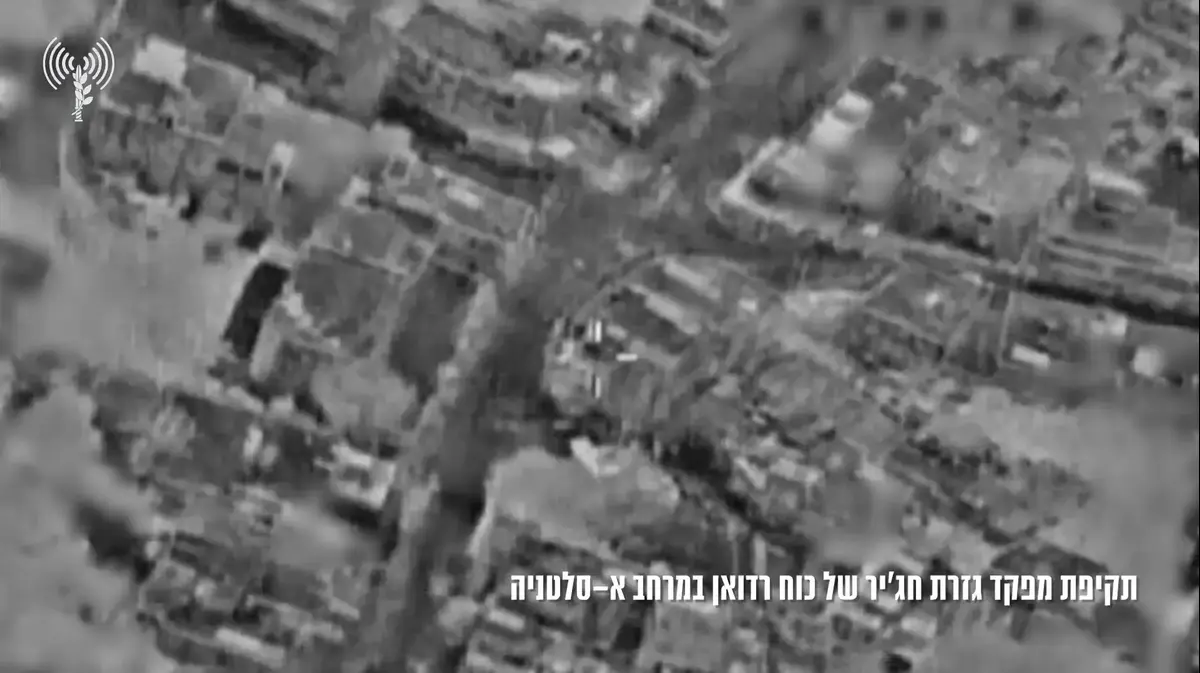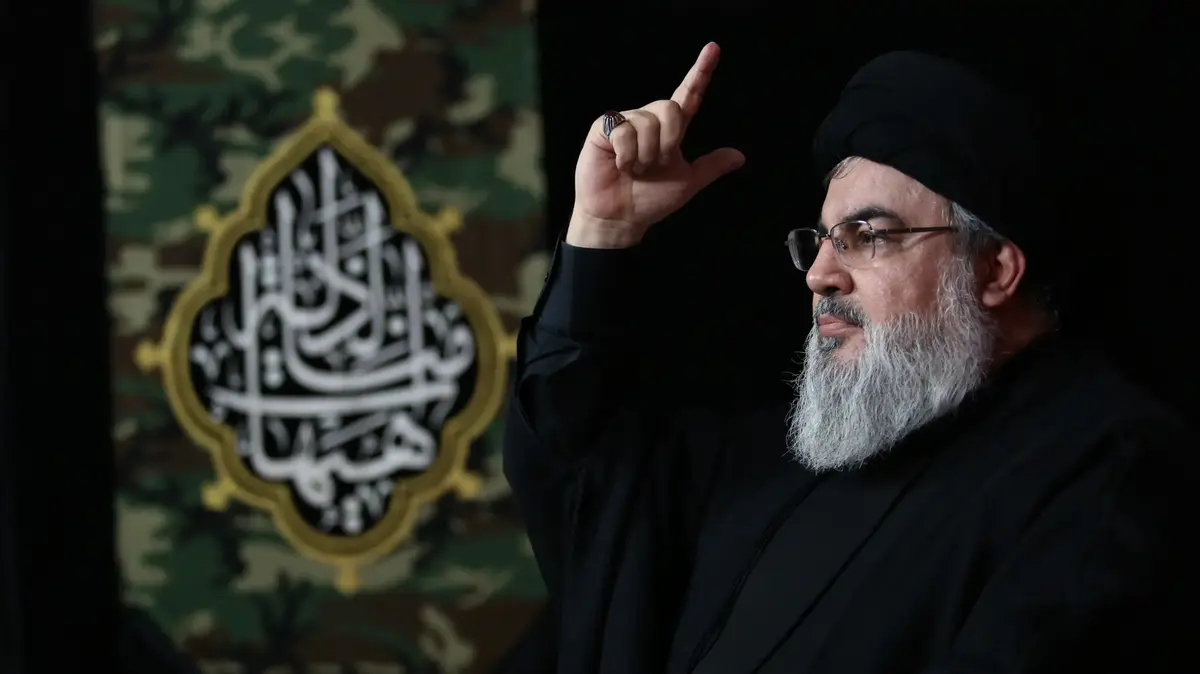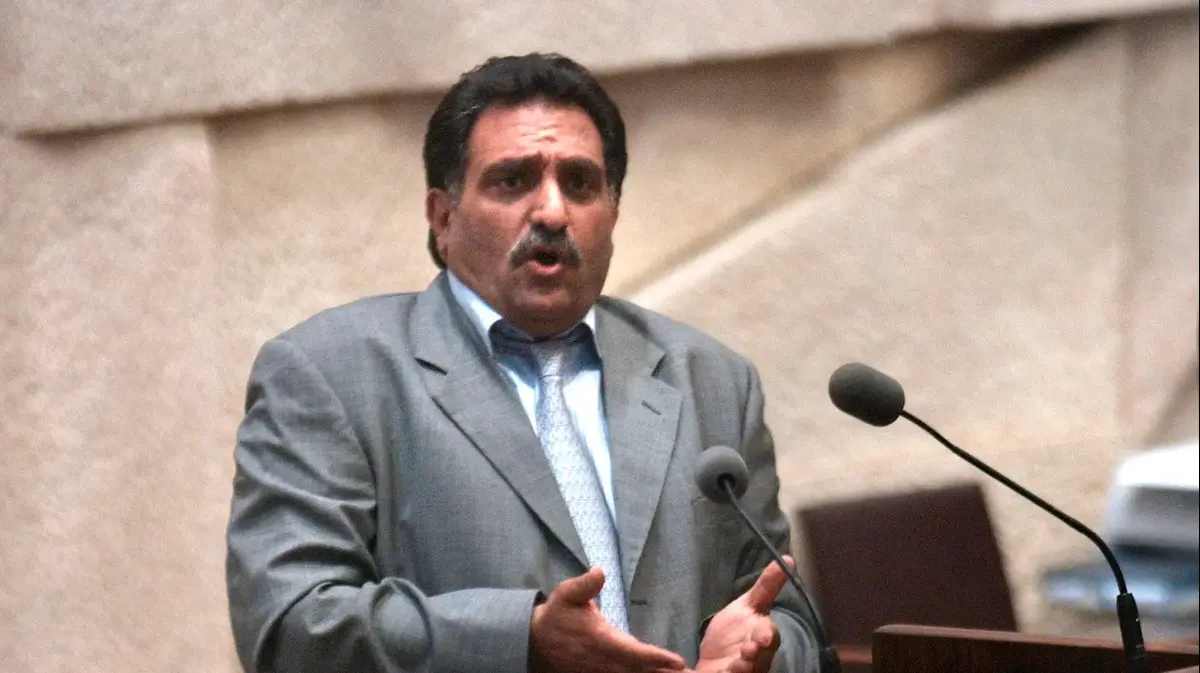In retrospect, the natural question is whether the list of achievements of the PLO war joins to victory. It is possible to make a list of great military and political achievements, along with failures.
An example of this is the downing of more than 80 Syrian planes and the destruction of the Syrian TKA batteries that were located in Lebanon.
Some argue that the blows of the Air Force cracked the Soviet empire and contributed to its collapse less than a decade later.
The advance of the forces on the Western Axis and, above all, the paratroopers' brigade of Ye-Ya was also a great success hidden under piles of literature, designed to establish a consciousness of failure and failure in war.
And the unprecedented achievement a few months after the outbreak of the war: expulsion of PLO terrorists from Beirut.
But the war on the Lebanese front had one field marshal, Ariel Sharon;
And in the home front were two field marshals, Yossi Sarid and Uri Avnery.
The field marshals of the home front defeated the field marshals of the front.
Sharon then became the most hated person in the country, under a blitz of very intense hate propaganda.
In fact, a book of political poetry about the war, edited by Hanan Hever and Moshe Ron, teaches about the war and the State of Israel at that time more than the battle maps, command documents and political output.
"The closeness of time is needed here to exacerbate the political statement before it dissolves, and the impression of the emotional earthquake that has hit many of us over the past year will dissipate."
The book comes to "condemn, criticize and sometimes even insult", in the words of the editors.
The spirit of things among the left-emotional opposition was expressed by Amos Oz's cruel parody of Alterman's poem "The Silver Tray."
The song appeared in the September 1982 issue of Haaretz: "And the country will be quiet, and to the astonished eye / things were revealed, in print, in the newspaper: / Israel is killed, kills, fights / to give / to America / Lebanon."
One of the legends of destruction at the time said that "the State of Israel sends its sons to the Valley of Killing to serve American interests," noted Alterman researcher Prof. Dan Laor.
Amos Oz continued: "So on the other hand they went out / Yoav Gadi and Dan / And slowly they will march in front of the nation / Wearing sand and belts and heavy shoes / In the path they will go up / The deaf / the burnt cities, The children without limbs / Will follow them / And the blood / And the fire."
At the beginning of the war, not only the Labor Party led by Rabin, Peres and Bar-Lev supported the war, but to some extent even the Peace Now movement.
Few remember the movement's spokesmen explaining that when the guns fire they give back to the fighters.
The more radical left called it a policy of "quiet, shoot."
About a month later, Peace Now organized its first major protest demonstration.
There were tens of thousands in Kings of Israel Square that became Rabin Square.
The debate was about the justice of the war and it was defined as a "war of choice."
Sharon in his language called it "one of the justifications in the Israeli wars," and claimed that the Six Day War was also a "war of choice."
In February 1983, about a year and a half after his appointment, Sharon was forced to part with the defense file following the report of the investigation committee for the Sabra and Shatila massacre. Menachem Begin shuffled for another eight months until he said, "I can no longer."
June 3, 1982 The assassination of Shlomo Argov
Israel's ambassador to Britain, Shlomo Argov, was shot and severely wounded by a squad of terrorists who ambushed him and his security guard near his car near the Dorchester Hotel in London, at the end of dinner at the hotel.
The assassination attempt was the official reason for the outbreak of the war.
Shlomo Argov, Photo: IDF Archives
June 6 Operation opens and the conquest of Beaufort
On Sunday, Air Force planes began attacking terrorist targets in southern Lebanon, naval ships shelled sources of fire and towards noon the forces began moving on their mission in several axes: the coastal road, the central mountain section (Mount Lebanon), the East Bank and the Lebanon Valley.
That same day after heavy fighting, the Beaufort Fortress was captured by the Golani Brigade.
Begin and Sharon, Photo: IDF Archives
June 9 Operation Aretz 19
From that day on, a new phase was opened in the war in Lebanon, in which IDF forces clashed with Syrian forces, especially in the Baka'a area. The Syrian air defense system, built according to Soviet doctrine, was neutralized for the first time in one attack, during which about 19 batteries of Syrian surface-to-air missiles were destroyed, and in the air battle that developed between dozens of Israeli and Syrian fighter jets, 23 Syrian MiGs were shot down without loss to our Air Force. Considered to have grown up in the Israeli wars and studied in military academies around the world, as a masterpiece of electronic warfare and neutralization of air defense.
June 10-11 Battle of Sultan Yaakov
The Battle of Sultan Yaakov was fought between IDF forces and the Syrian army, at a crossroads south of the village of Sultan Yaakov in Bekaa, Lebanon.
Following incorrect intelligence information that the area was relatively "clean" from Syrian forces, the forces that arrived at the junction area without being aware of the existence of the Syrian army, and went into a trap were called.
After heavy fighting, the forces were forced to retreat with heavy casualties that included 20 soldiers killed, dozens wounded, two prisoners and two missing until today: Yehuda Katz and Zvi Feldman.
August 31: Deportation of Yasser Arafat and PLO terrorists from Beirut
On this day, the expulsion process and the departure of the last PLO terrorists from Beirut, led by Yasser Arafat, who is evacuating with his associates from the port of Beirut by a Greek passenger ship called Atlantis, ends. PLO members and leaders took over strategic codes in the city, encircling it and laying siege to it. In mid-August, an agreement was reached between Israel and the United States and France on the expulsion of Syrian and PLO forces from Beirut, and a few days later American and French Marines arrived. Peace Force from the UN, monitor departure.
September 16-18: Sabra and Planting Massacre
During these days, Christian Phalangists murdered hundreds of Palestinian residents (including women and children), in the Sabra, Shatila, Burj al-Brajna and Palestinian al-Fahhani neighborhoods in western Beirut.
This is an act of revenge for the assassination of their leader, the elected Christian president, in a song by Jumail.
The Phalangists entered the camp with the IDF's approval, as part of its takeover of western Beirut.
September 29: The official end of Operation Peace of the Galilee and the end of things
Following the massacre in Sabra and Shatila, the IDF withdrew from Beirut and the official end of Operation Peace of the Galilee was set on that date. The settlements of the line of confrontation in northern Israel and between the terrorist organizations and Hezbollah located in Lebanon, thus protecting these settlements.
In May 2000, IDF forces evacuated the security zone and established themselves on the international border between Israel and Lebanon.
Were we wrong?
Fixed!
If you found an error in the article, we'll be happy for you to share it with us

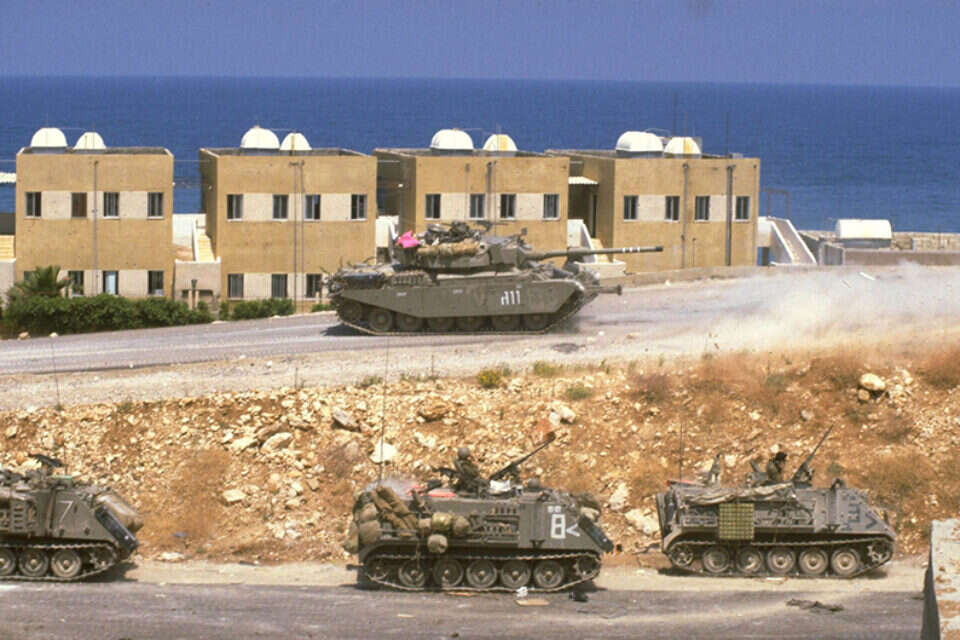
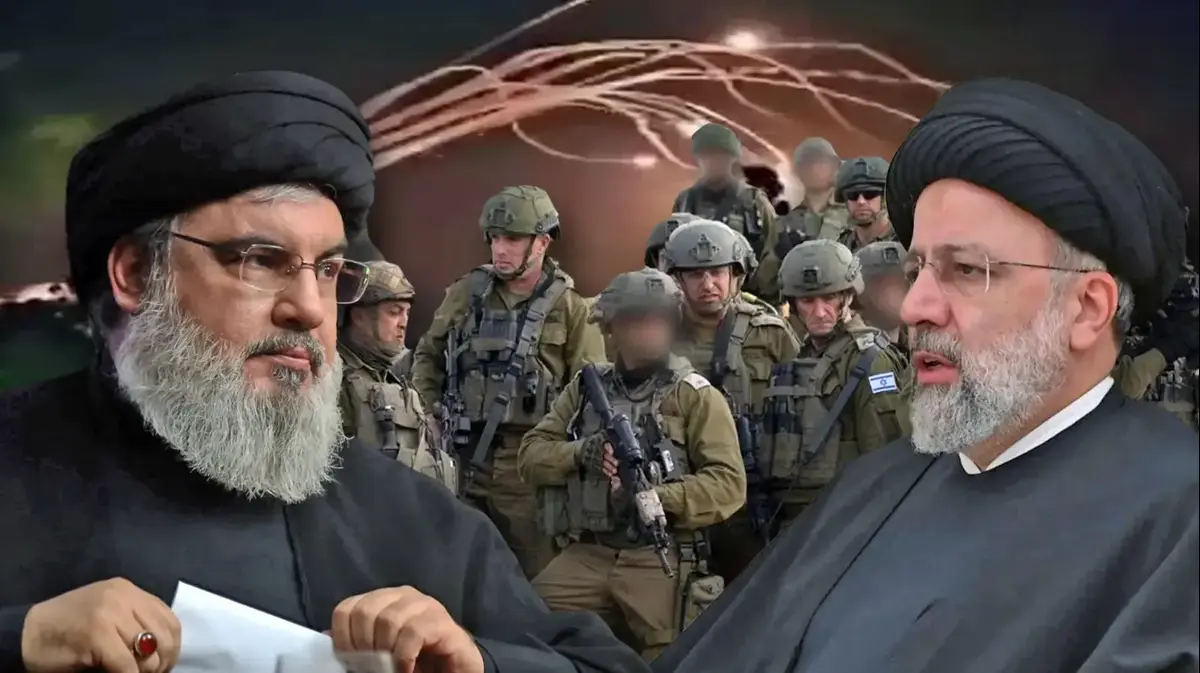
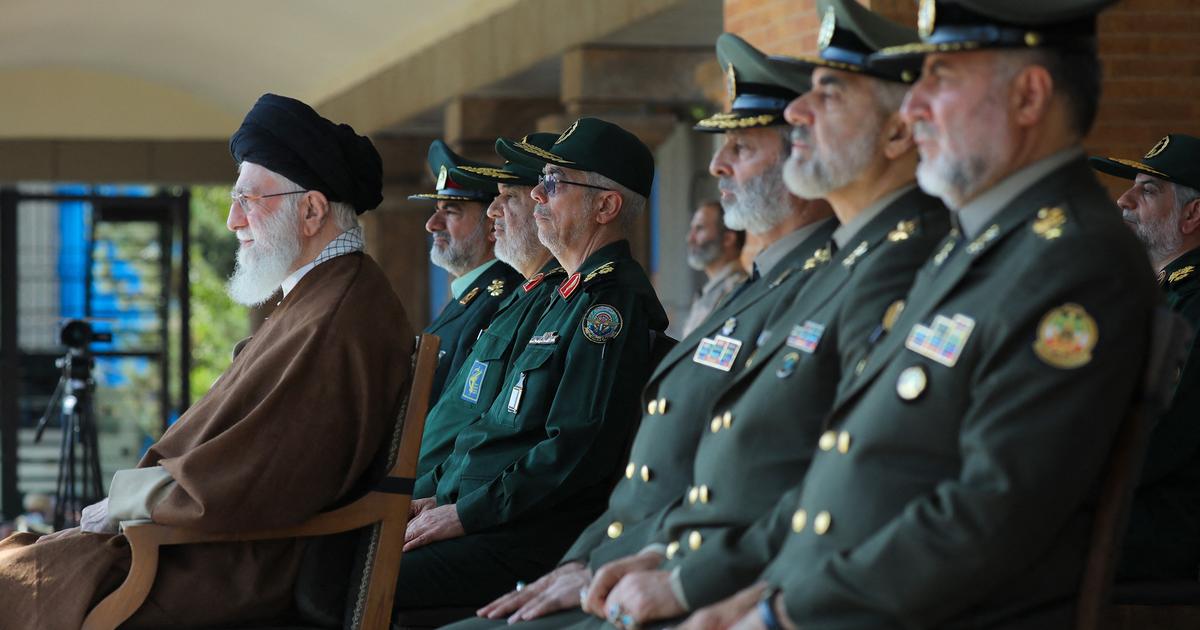
/cloudfront-eu-central-1.images.arcpublishing.com/prisa/LBNNIBY325CABA2HAMMUUBWQRI.JPG)


